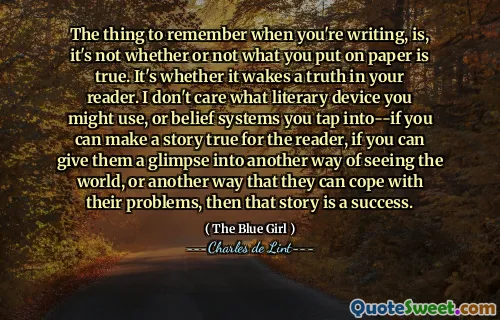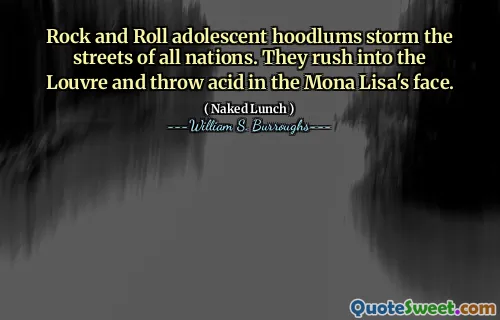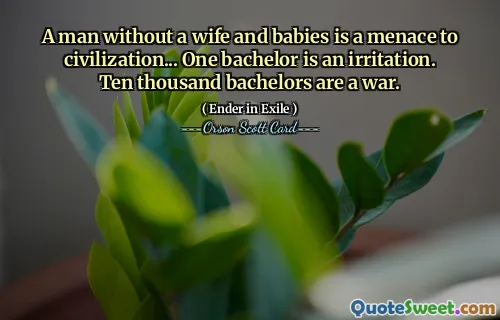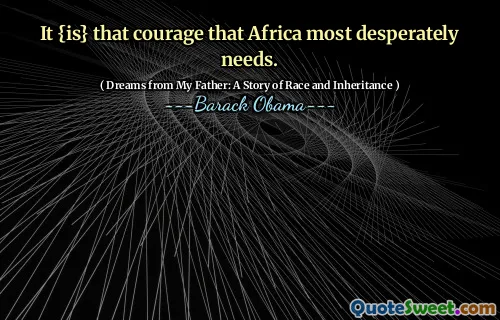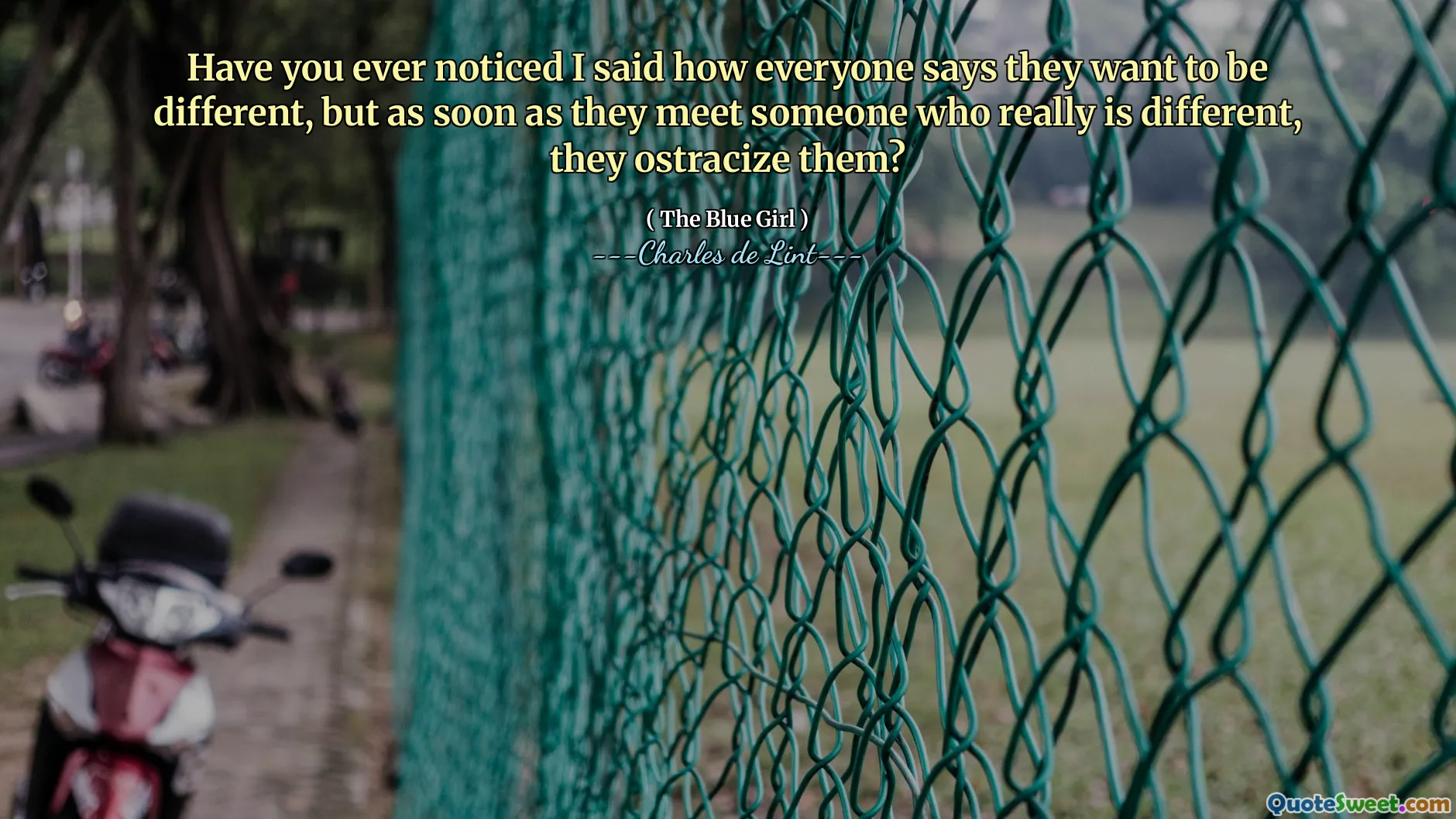
Have you ever noticed I said how everyone says they want to be different, but as soon as they meet someone who really is different, they ostracize them?
This quote touches on a profound social paradox that many of us observe but perhaps fail to critically analyze. Humans have long expressed a desire for individuality and uniqueness. Society often promotes diversity and celebrates those who stand out. However, when faced with genuine difference—someone whose values, behaviors, or perspectives diverge radically from the norm—there is often an unexpected reaction: ostracization. This programmed resistance to true difference stems from various psychological and cultural factors. On a superficial level, conforming to societal expectations offers a sense of security and belonging, which makes deviation uncomfortable or threatening. The discomfort often leads to marginalization to re-establish social cohesion. Traditionally, this behavior maintains societal order, but it also reveals an underlying fear of the unfamiliar or of losing control over social narratives.
The paradox lies in the disconnect between the proclaimed desire for authenticity and acceptance of diversity, and the real-world reaction to someone genuinely embodying that difference. It reflects a kind of double standard—people want to be unique but fear real difference because it challenges collective identities or confronts existing power structures. The quote challenges us to recognize these tendencies within ourselves and society, questioning whether superficial acceptance is sufficient or if genuine openness requires deeper understanding and acceptance of true diversity.
Reflecting on this, it becomes clear that embracing true difference is essential for societal progress. It pushes us beyond comfort zones and encourages a broader acceptance of varied worldviews and identities. Ultimately, the challenge is to differentiate between superficial signals of tolerance and authentic acceptance, which entails honoring differences without prejudice or fear. This realization is crucial if we aspire to cultivate a truly inclusive and empathetic society.
Book: (The Blue Girl) *Author: Charles de Lint
